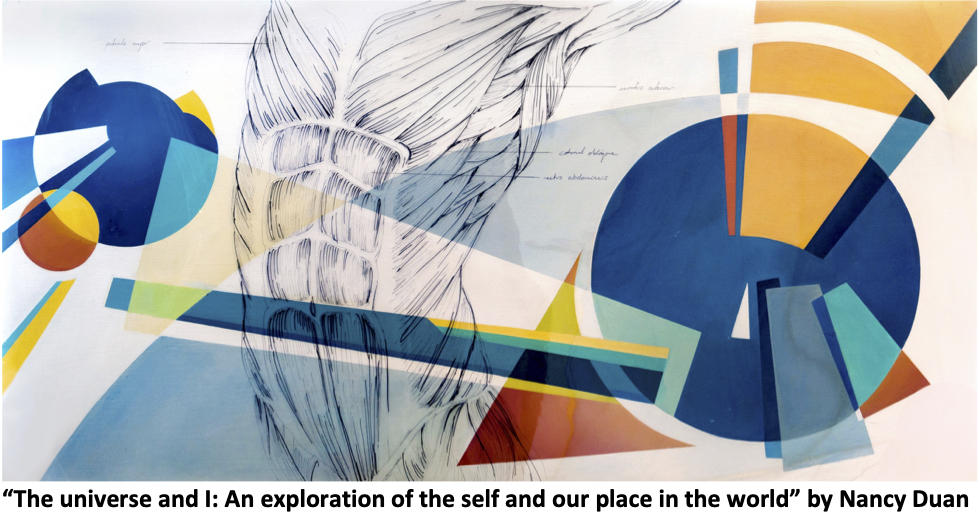Reclaiming physician identity: It’s time to integrate ‘Doctor as Person’ into the CanMEDS framework
DOI:
https://doi.org/10.36834/cmej.69182Abstract
In 1996, the Royal College of Physicians & Surgeons of Canada (RCPSC) adopted the CanMEDS framework with seven key roles: medical expert, communicator, collaborator, health advocate, manager, professional, and scholar. For many years, CanMEDS has been recognized around the world for defining what patients need from their physicians. From the start, the RCPSC acknowledged that these roles should evolve over time to continue to meet patient and societal needs (updates in 2005 & 2015). We propose that an 8th role is now needed in the framework: “Doctor as Person”. Interestingly, this role was present in the foundational work through the Educating Future Physicians for Ontario (EFPO) project that the RCPSC drew upon in creating CanMEDS more than 20 years ago. Given today’s challenges of providing care in an increasingly stressed Canadian healthcare system, physicians are struggling more than ever with health and wellness, burnout, and the deterioration of the clinical environment. From the patient perspective, there is growing concern that physician-patient interactions are becoming increasingly impersonal and decreasingly patient-centered. The crack emerging in the foundation of physician identity needs to be remedied. We need to pay close attention to how we define ourselves as physicians, by better identifying the competencies required to navigate the personal and professional challenges we face. Only in so doing can we ward off the threat that exists in losing authentic human to human care interactions. Formalizing Doctor as Person as an 8th role in the CanMEDS framework will help patients and physicians create the space to have essential conversations about the humanity of medical care.
Downloads
Published
Issue
Section
License
Submission of an original manuscript to the Canadian Medical Education Journal will be taken to mean that it represents original work not previously published, that it is not being considered elsewhere for publication. If accepted for publication, it will be published online and it will not be published elsewhere in the same form, for commercial purposes, in any language, without the consent of the publisher.
Authors who publish in the Canadian Medical Education Journal agree to release their articles under the Creative Commons Attribution-Noncommercial-No Derivative Works 4.0 Canada Licence. This licence allows anyone to copy and distribute the article for non-commercial purposes provided that appropriate attribution is given. For details of the rights an author grants users of their work, please see the licence summary and the full licence.











